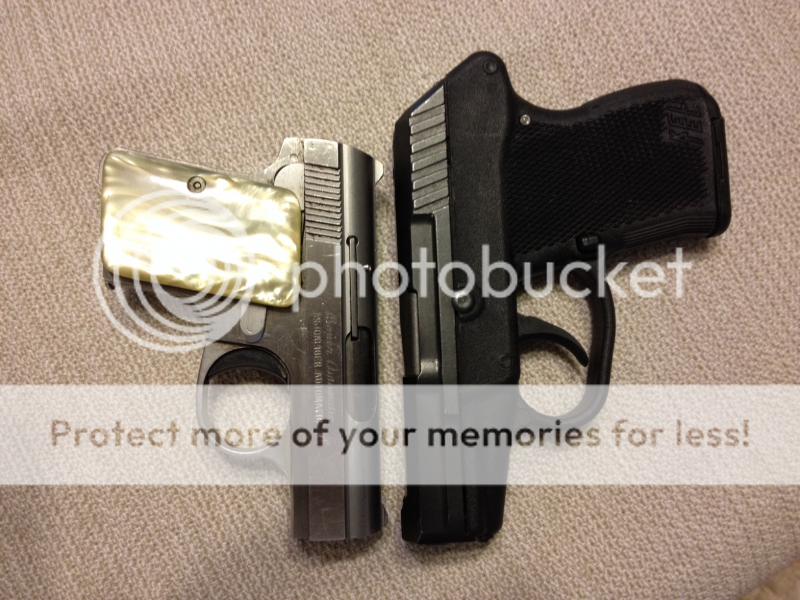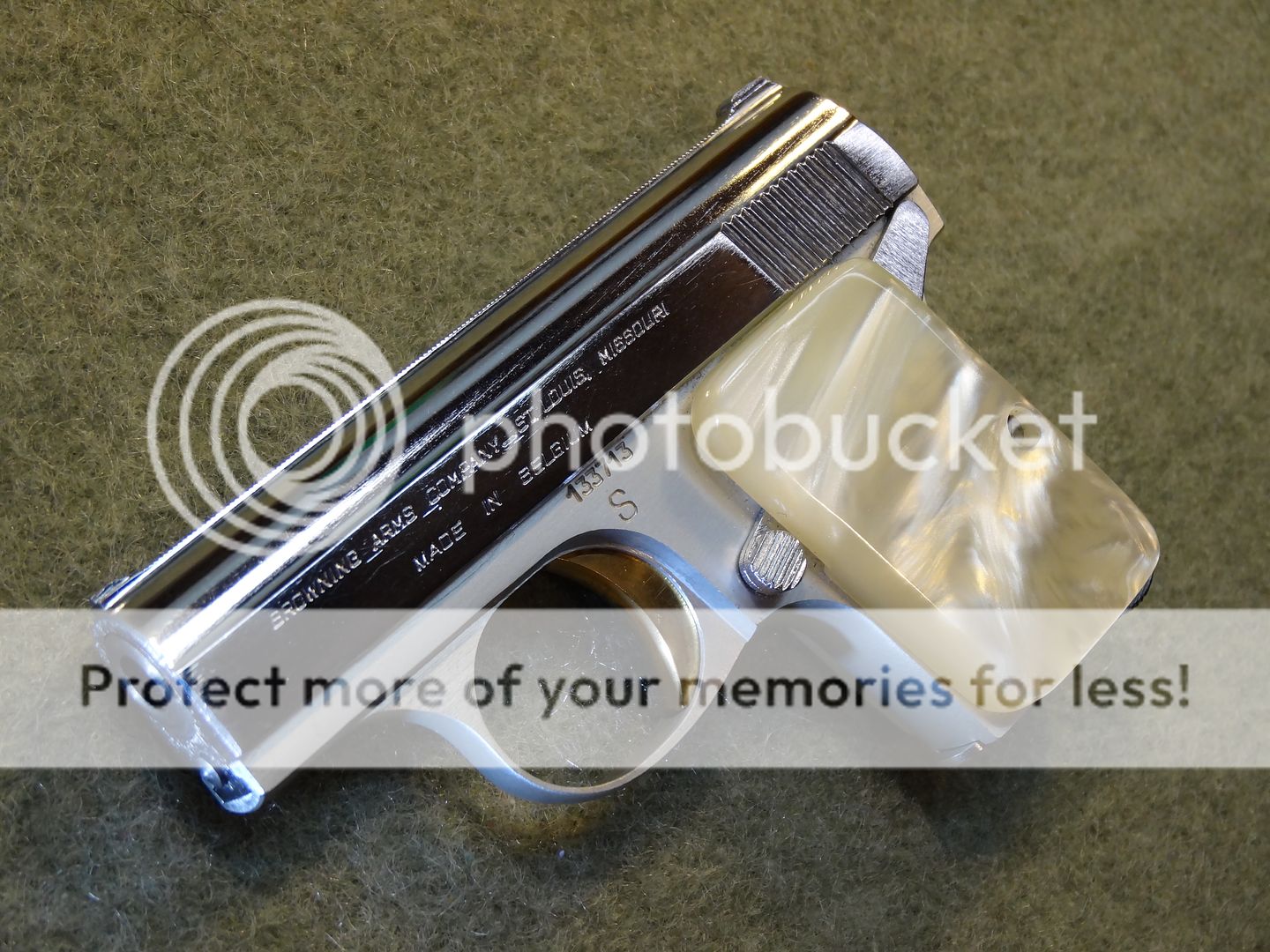All you're doing is playing games with semantics, and talking in circles.
This was your original post, which spawned this whole line of nonsense:
I like the round, and the guns I've come across chambered for it. I've yet to hear of any self-defense case in which a defender was subsequently inured or killed after shooting at an attacker with any firearm (by these cases, I'm referring to those in which the victim was targeted for rape, robbery, or encountered in a burglary, and not those in which the victim was targeted specifically for assassination.) Anyone here who has a story of a friend of a friend who shot a guy (or who was the guy shot) with a .25 will still have to admit that the person shot stopped doing whatever it was that got him shot in the first place.
The telling parts are in bold. Those are the parts where - as it your style - you A) make statements that are demonstrably untrue, based on nothing more than your imagination, and B) make poor defensive choices based on those fallacies.
As stated previously, you don't have to venture very deep into the interwebz to find numerous examples where people who have been shot - with a variety of calibers - go right on trucking. Heck - in this thread alone you've been presented with examples in direct response to your post, which instead of listening to and learning from, you chose to deflect with semantic acrobatics to avoid a hit to your ego. Indeed, it's not exactly unheard of for people in the stress of life-or-death situations to not even know they've been shot until someone points out they're leaking fluids or their adrenaline dies down. Just ask any combat soldier about what people can do after being shot.
So then you try to worm out of that argument by shifting gears and insinuating that "Duty-Bound" officers (including security officers... aka security guards... like the ones at the mall) often absorb rounds ("even a .45!", your words, not mine) and continue to fight, where their criminal counterparts do not. Never minding the fact that this logic is in direct contradiction to your previous stance on the 'action-stopping' ability of even the lowly .25, this is once again a fallacious statement. Police (much less Paul Blart, Mall Cop) aren't trained or expected to fight forward after getting shot, and even if they were... 9 times out of 10 they wouldn't. If they do - it's either because they're so target focused they don't think of doing the right thing and seeking cover, they don't yet know they've been hit, or because they feel that's their only option to make it out alive or save the life of a colleague. They're not Judge Dredd, they don't wear capes. Likewise, all criminals aren't skulking around like Dick Dastardly, looking to make a hasty exit the moment any sign of trouble rears its ugly head.
If you're fine hoping the bad guy(s) will stop in their tracks after getting shot by a round with terminal ballistics similar to a pellet rifle, be my guest. I prefer to not rely solely on psychological impact or waiting 30 minutes for them to bleed out while they're bashing my skull in.
Your whole basis of reasoning is assuming that the mindset, motivations, determination, and conviction of your attacker is one you can predict. IT IS NOT.






